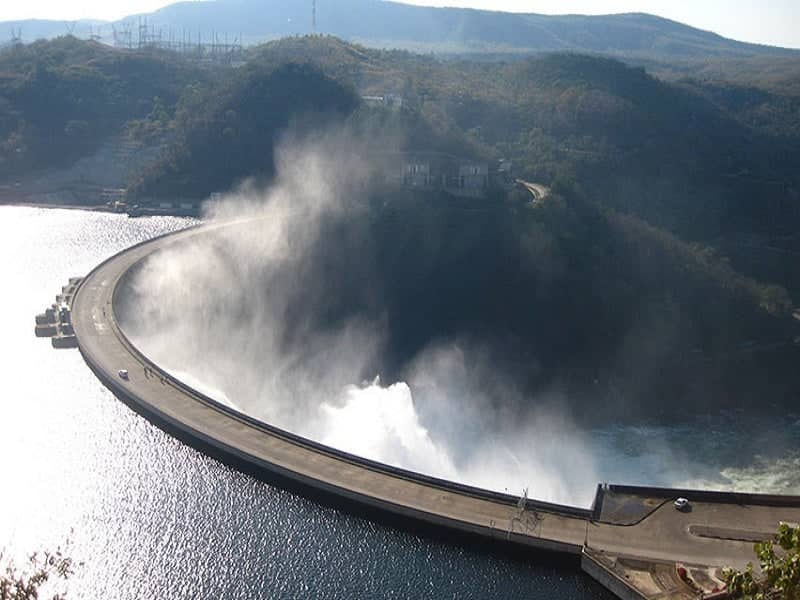Own Correspondent
A severe drought, exacerbated by climate change and the El Niño phenomenon, has caused water levels at Lake Kariba to plummet, resulting in a shutdown of the Kariba North Bank Power Station in Zambia.
The lake, shared by Zambia and Zimbabwe, has reached its lowest water levels in history, with only 8% of usable storage remaining.
“The critically low water levels will force the shutdown of the power station on September 14, 2024,” said ZESCO, Zambia’s power utility.
The crisis has led to widespread power cuts in Zambia, with outages lasting up to 20 hours daily, and Zimbabwe faces cuts of up to 12 hours.
Both countries, heavily reliant on hydropower, are now seeking to diversify their energy sources, with Zambia exploring emergency power imports and investing in new coal and solar power plants.
Experts warn that the situation could worsen before the rainy season, expected in three months, highlighting the urgent need for southern African nations to adapt to the impacts of climate change and expand their energy portfolios.
“The ongoing drought underscores the need for energy security and stability in the region,” said experts.
Lake Kariba’s live water storage, essential for hydropower, has dwindled to just 1.26 meters, leaving Zambia and Zimbabwe with no choice but to scale back electricity generation drastically.
Zim GBC News©2024


